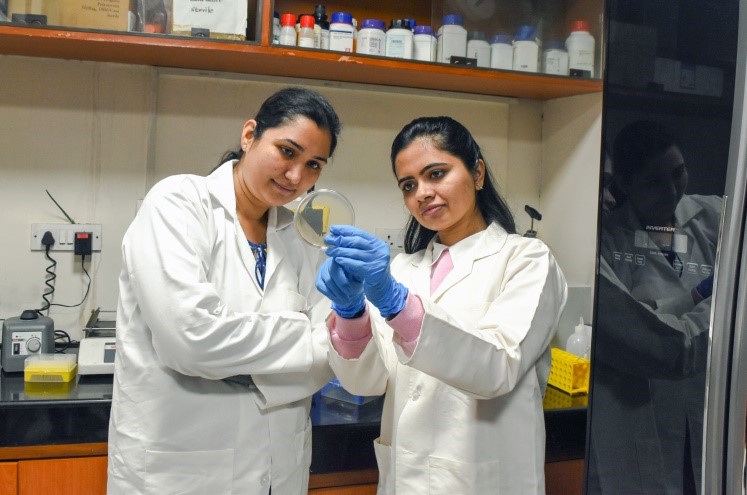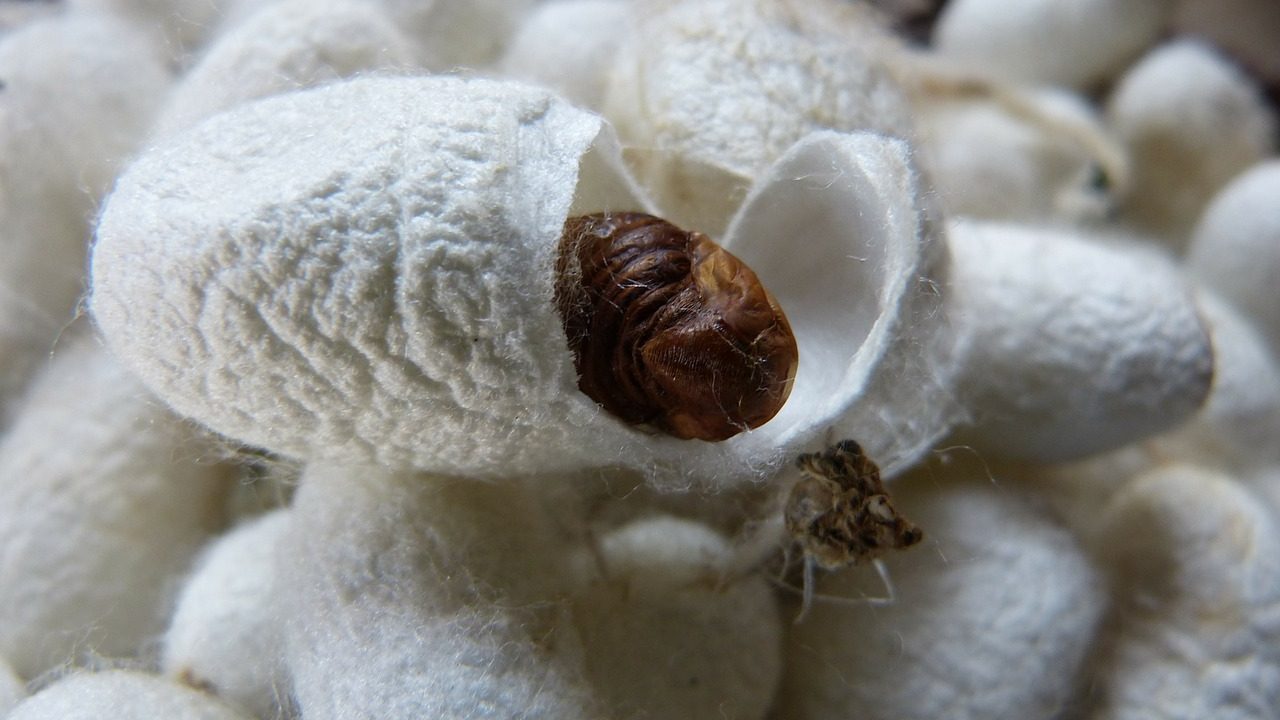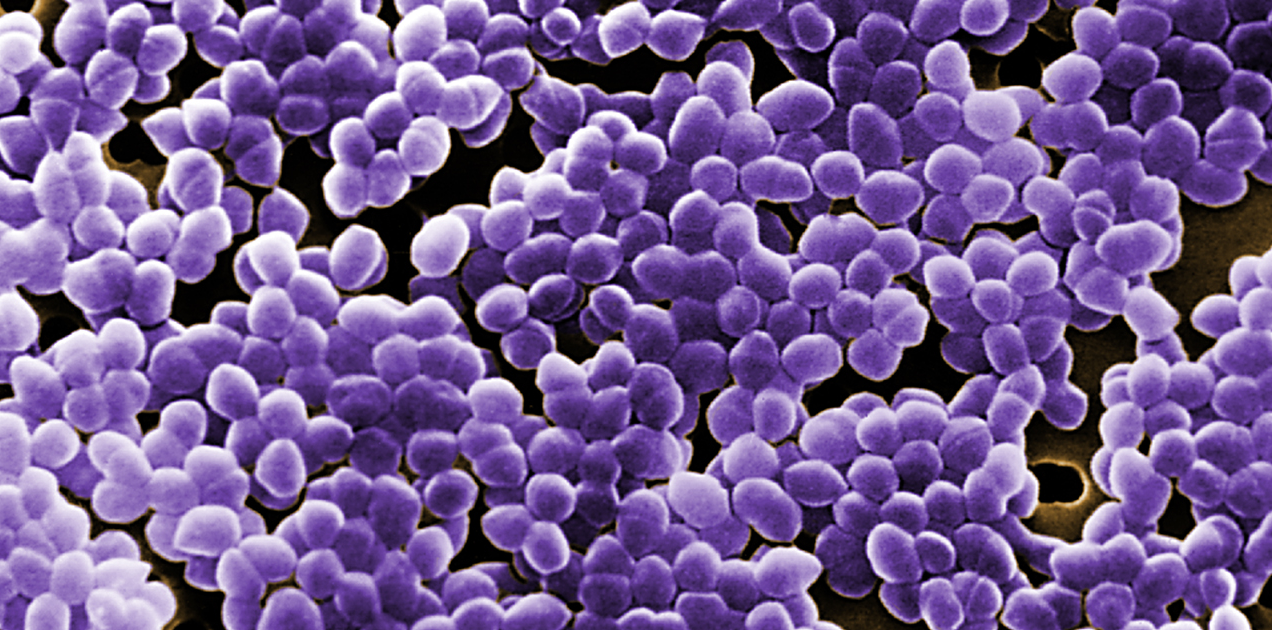A scaffold made from silk protein fibroin and silver nanoparticles has been found to have antimicrobial properties and may have application as a biomaterial for implants.

Orthopaedic implants can substitute or repair different tissues, such as bone, cartilage, ligaments, and tendons, but they also increase the risk of microbial infections by forming biofilms. Such clusters of bacteria can be highly resistant to antibiotics and, in many cases, implants may have to be surgically removed. Implants made with antimicrobial material can help address this problem.
Fibroin, a protein derived from silk, helps in developing bone cells from adult stem cells. This has helped it to gain acceptance for use in tissue engineering. Studies also show the potential antibacterial activity of silver nanoparticles. “Thus, to fight implant-related infections, we incorporated silver nanoparticles into fibroin, without compromising the biocompatibility and stem cell differentiation potential of silk films”, explained Neetu Singh, a scientist at Indian Institute of Technology Delhi (IITD) and a member of research team, while speaking to India Science Wire.
“We prepared a scaffold of silk fibroin films with silver nanoparticles where the nanoparticles were synthesized by an easy, convenient and environment-friendly method using silk fibroin”, said Smita Patil, a graduate student at IITD who was also part of the research team.
Since silver nanoparticles get easily oxidised leading to loss of antimicrobial activity, researchers used amino acids in the fibroin protein to reduce silver nitrate into silver nanoparticles. The silk fibroin solution and silver nitrate were incubated together and after being exposed to light, the solution gradually changed colour from colourless to yellow-brown, showing the formation of silver nanoparticles.
The researchers found that silk fibroin fortified with 0.5% of silver nanoparticles had similar antibacterial effects as using 8 micrograms per ml of ampicillin, an antibiotic. Although incorporating more than 0.5% of silver nanoparticles into fibroin showed even higher antimicrobial effect, it was also accompanied by an increase in cell death and generation of reactive molecules.
The silk films fortified with silver nanoparticles were incubated with osteocytes or cells that form bone overnight. Then, to simulated conditions of bacterial infection, S. aureus bacteria was added to these cells. Cells with films that contained as low as 0.1% of silver nanoparticles could resist the formation of S. aureus biofilms, support the growth of osteoblasts, and maintain calcium levels. These effects were observed even post seven days after adding the bacteria.
Although the mechanisms of how silver nanoparticles achieve antibacterial effects are not very well understood, the study proposes that silver ions can kill bacteria by attaching and penetrating their cell wall or releasing reactive molecules. “We believe that these scaffolds may be a promising material for bone tissue engineering,” said Singh. The study results have been published in journal Colloids and Surfaces B: Biointerfaces.
By Dr P Surat
Journal Article
If you liked this article, then please subscribe to our YouTube Channel for the latest Science & Tech news. You can also find us on Twitter & Facebook.



